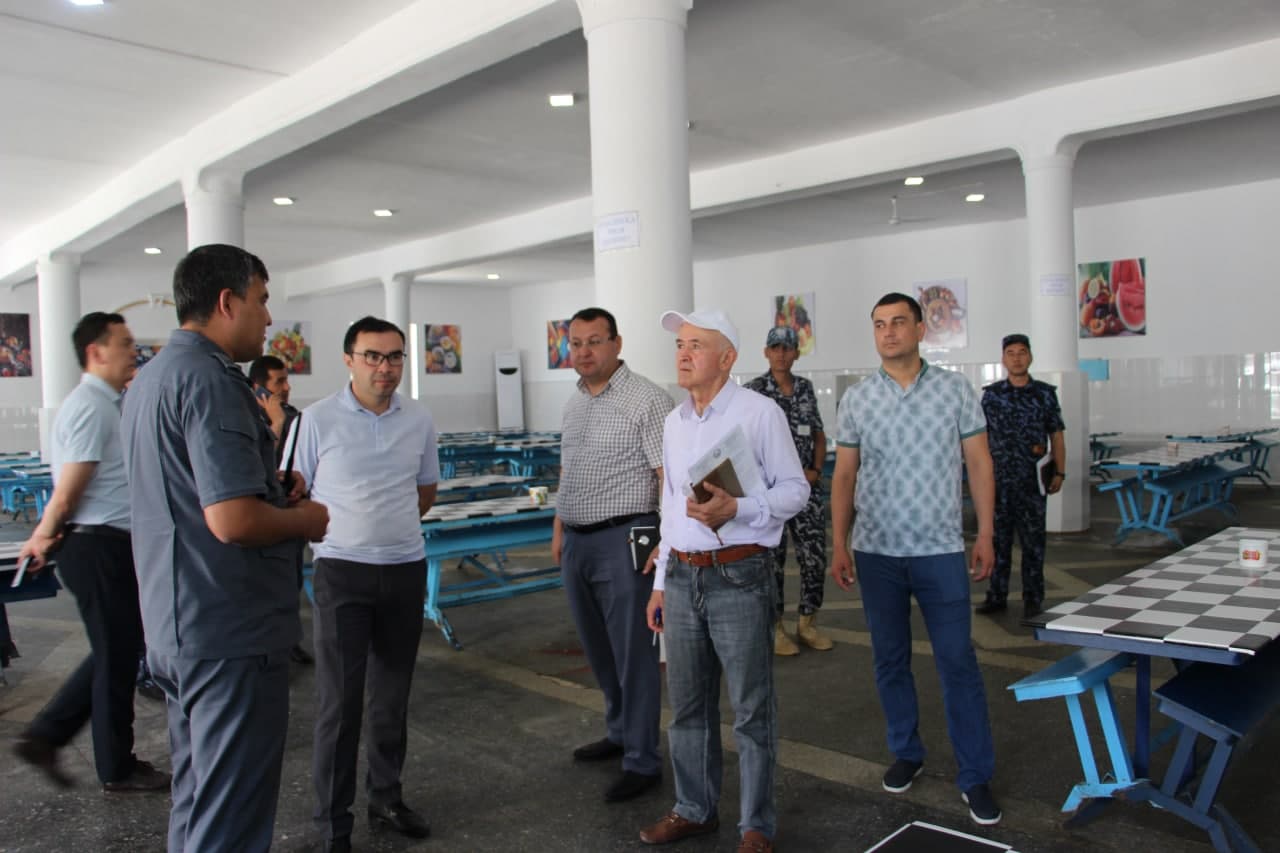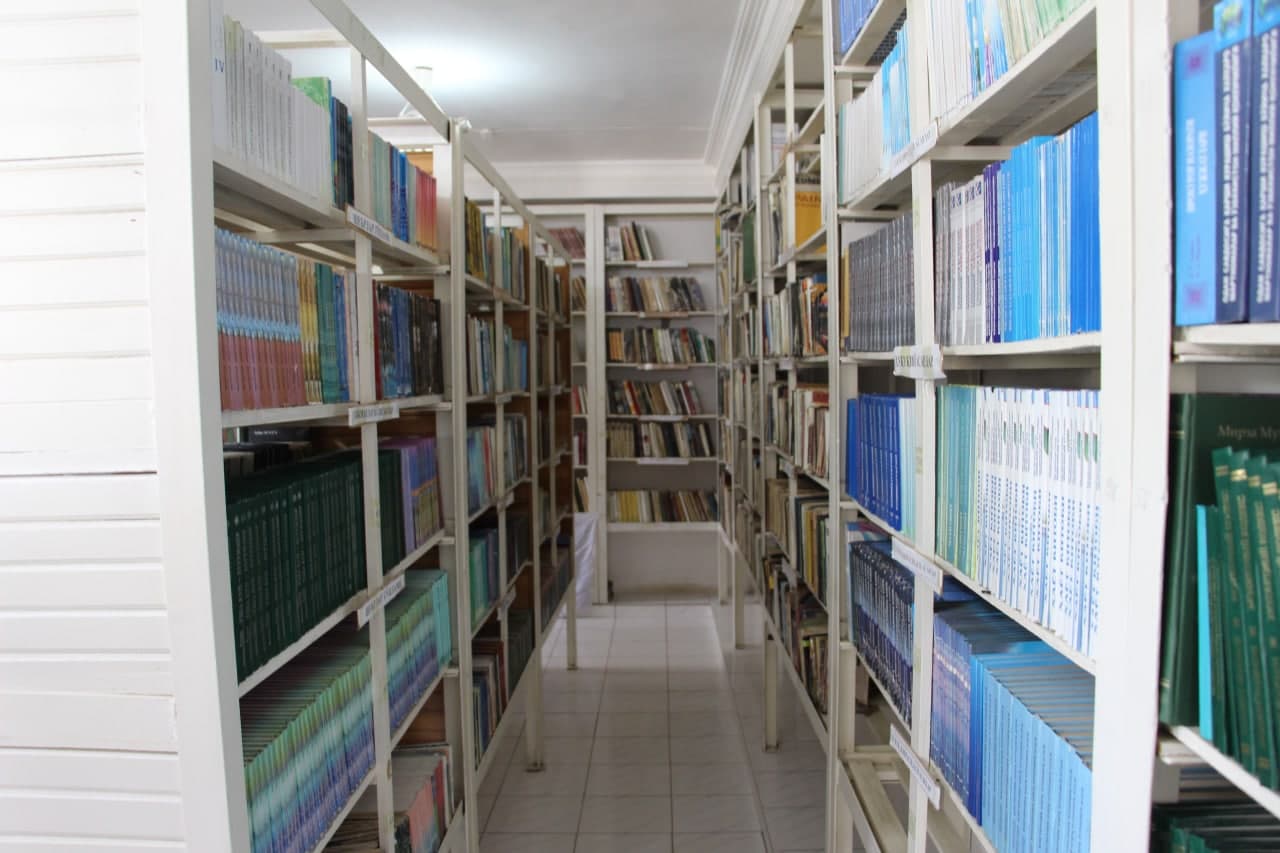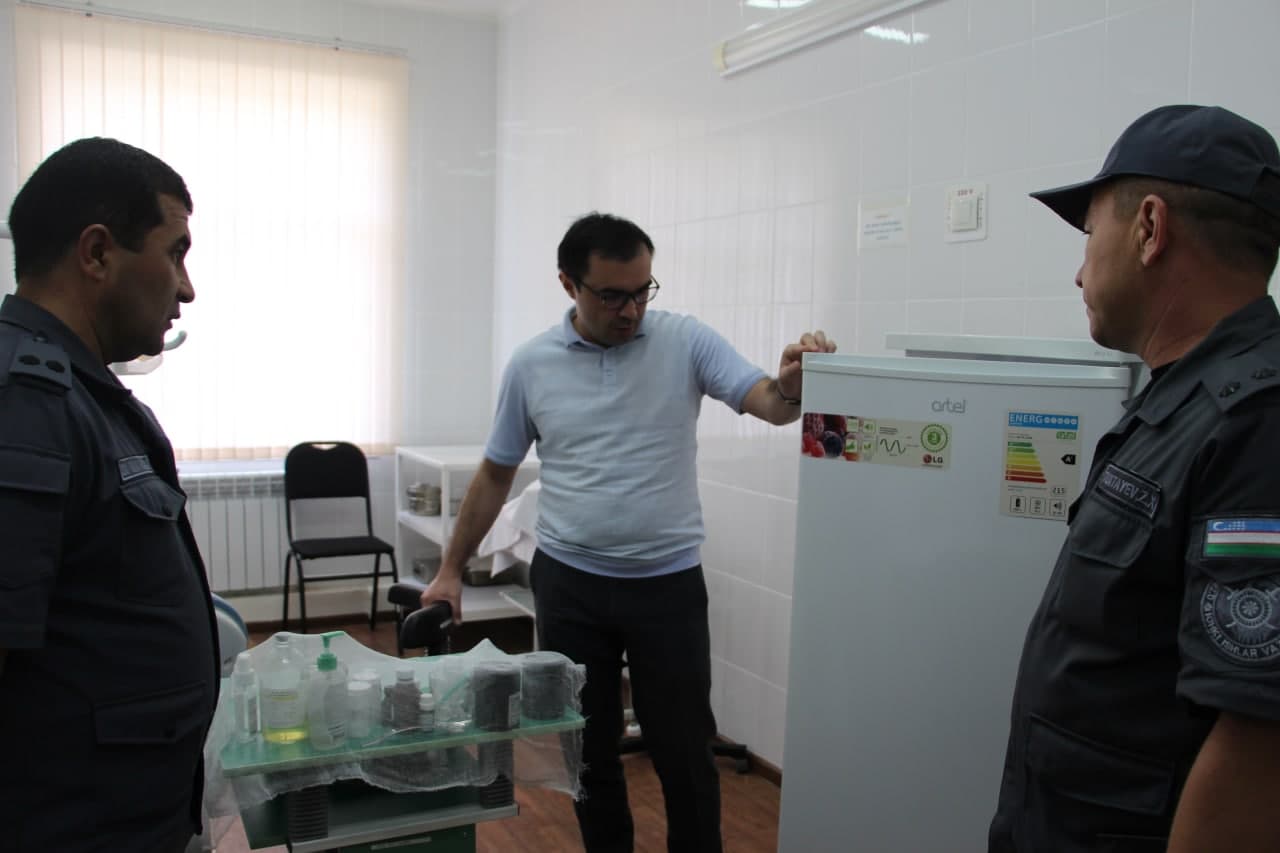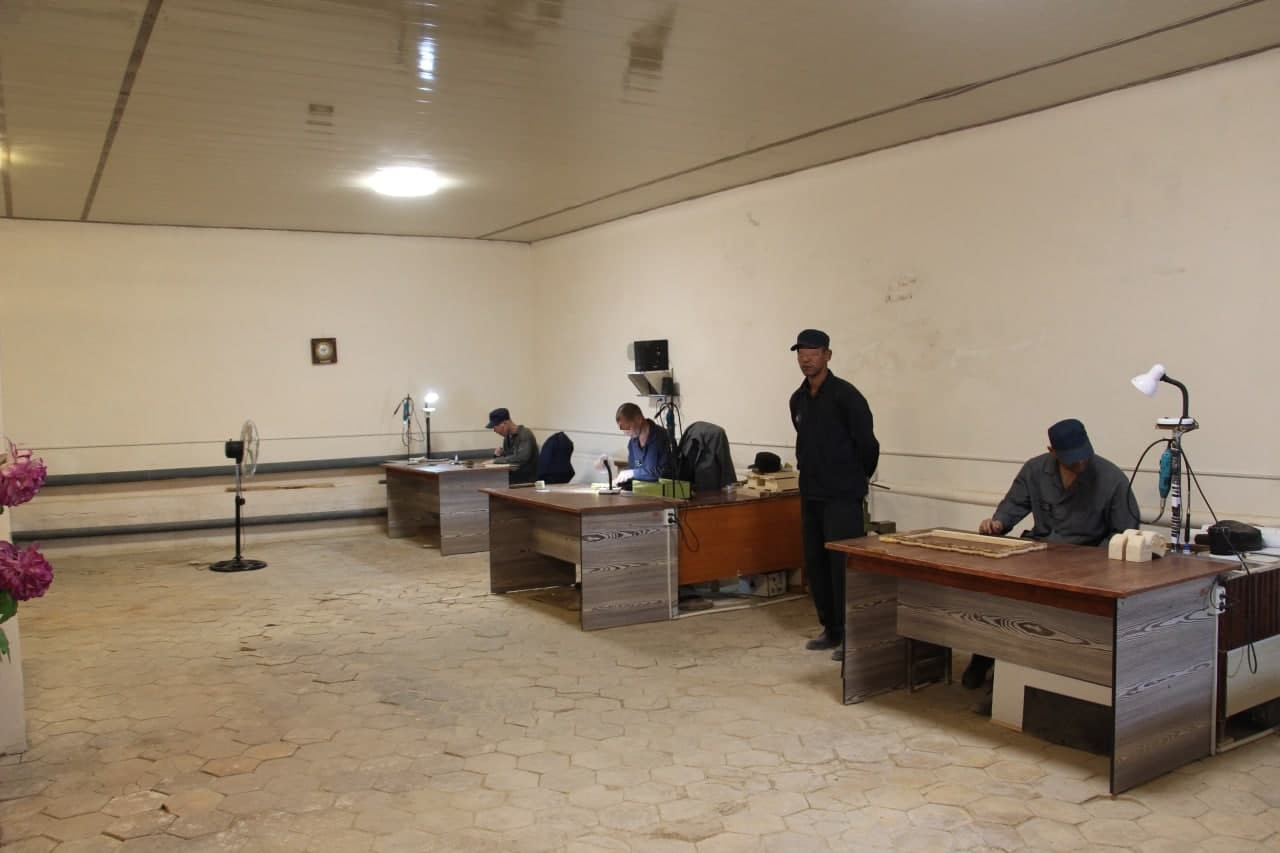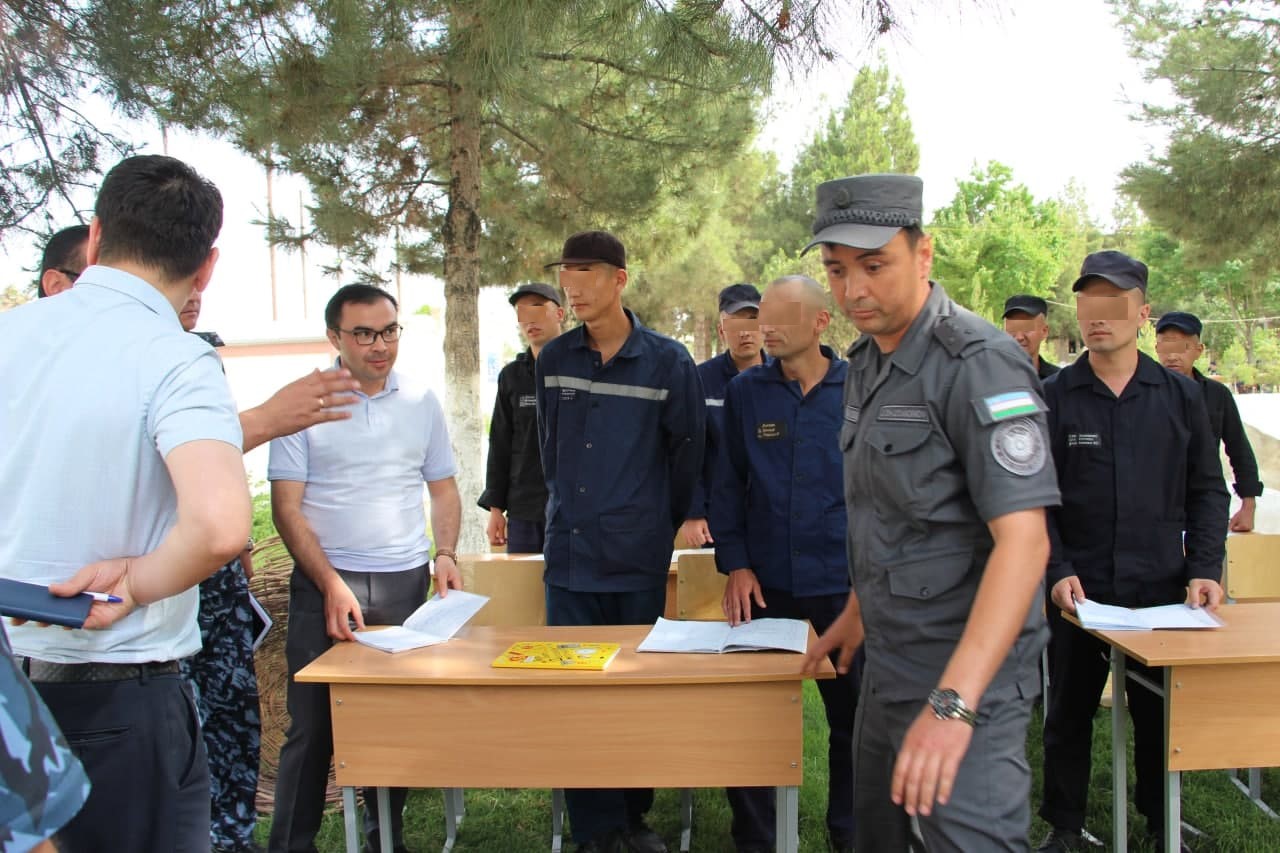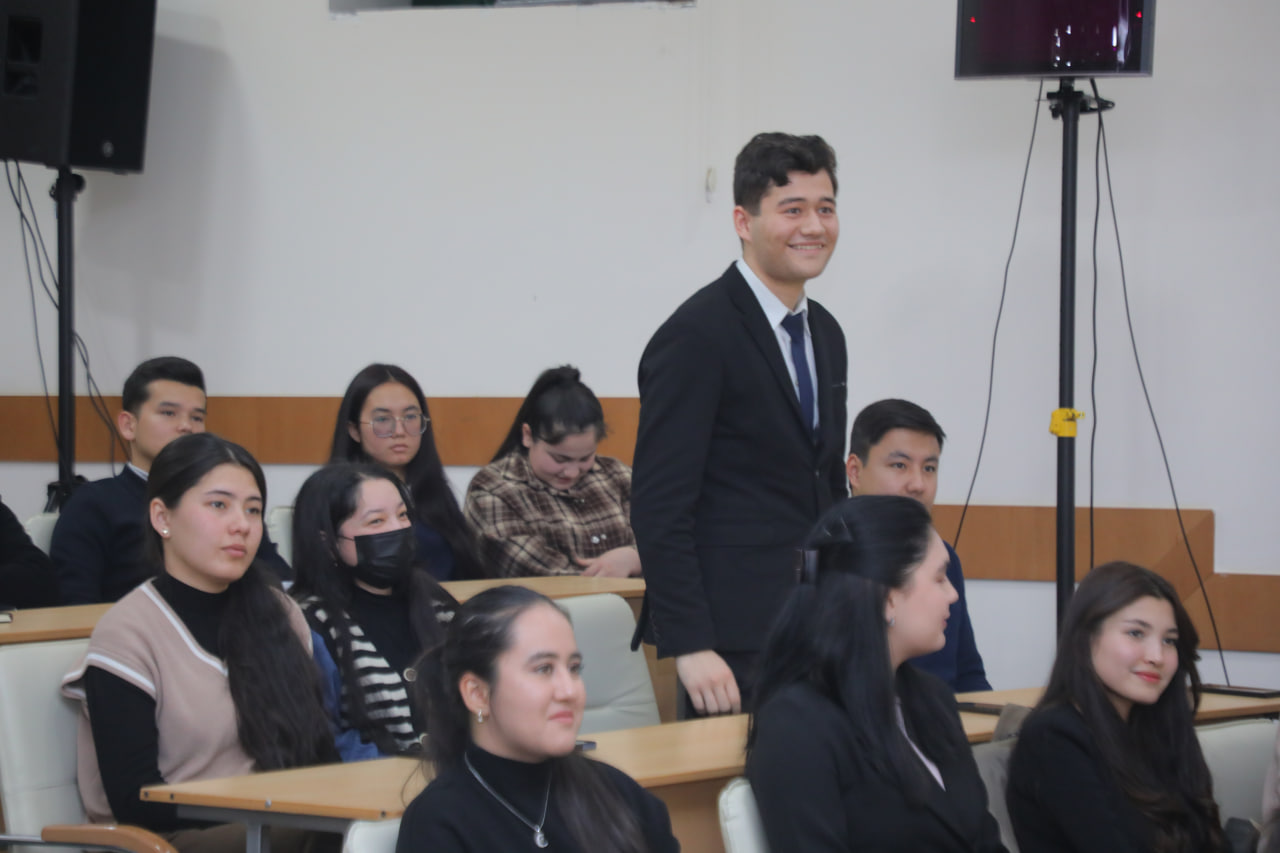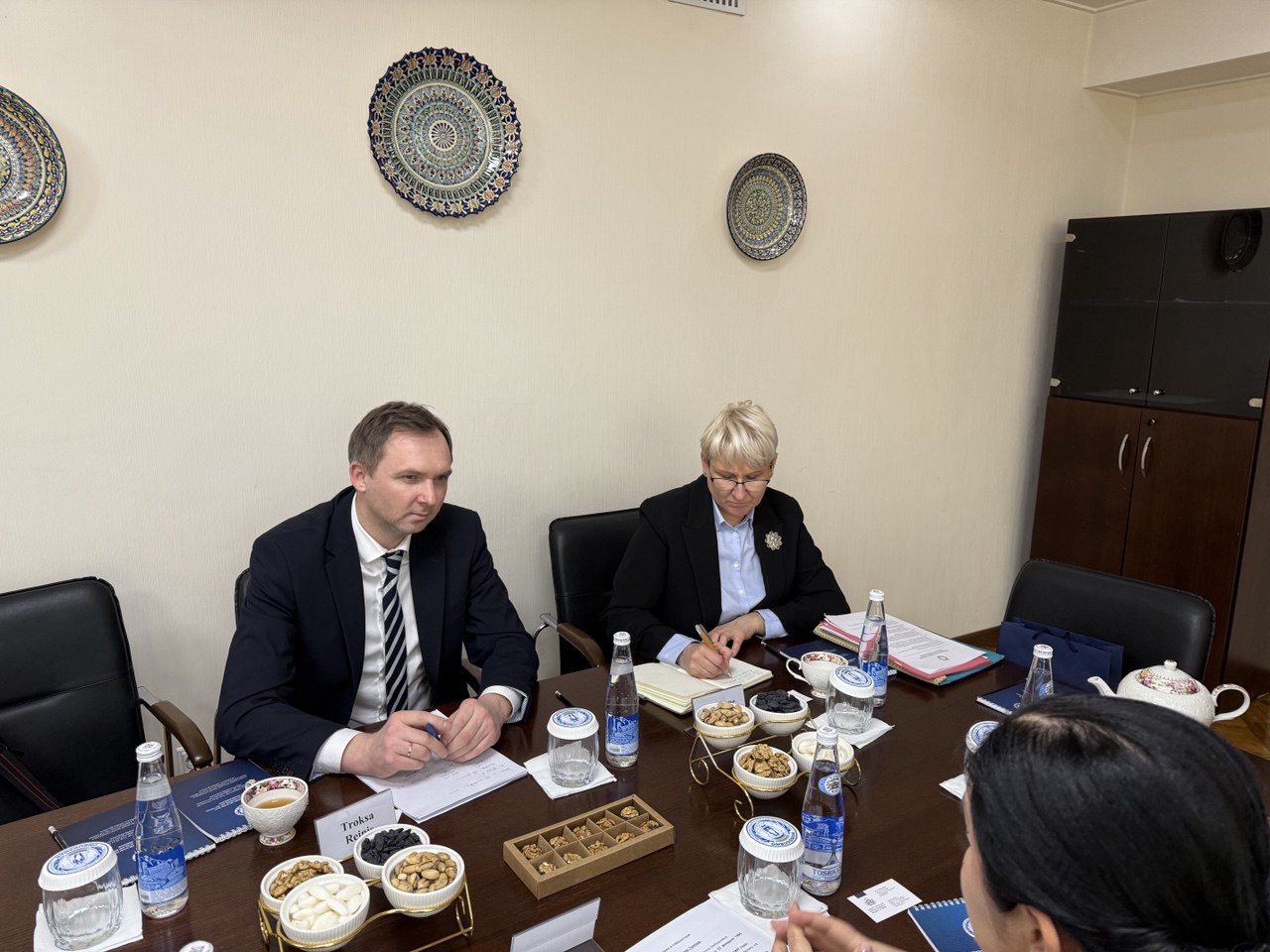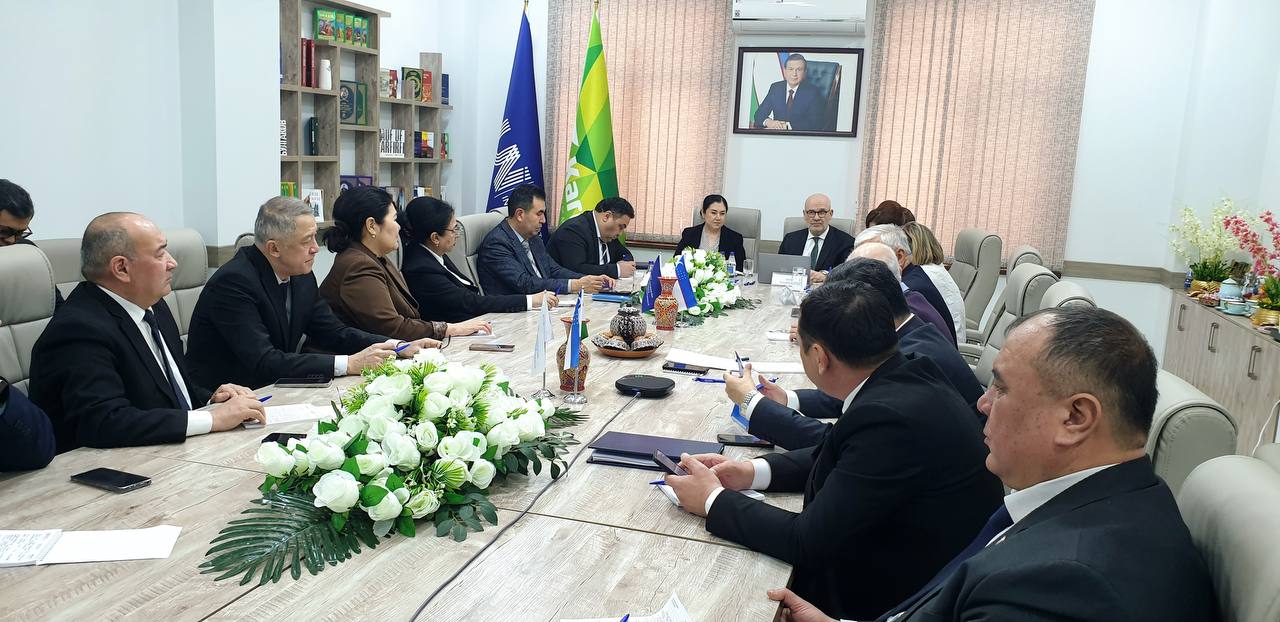Accordingly, responsible employees of the Secretariat of the Authorized Person of the Oliy Majlis for Human Rights (Ombudsman), within the framework of the National Preventive Mechanism with the participation of the Public Group for the Detection and Prevention of Cases of Torture under the Ombudsman and the Regional Representative of the Ombudsman in the Navoi region, carried out monitoring visits to penal colony No. 4, 5, 11, 12 in this area, colony-settlements No. 36, temporary detention centers of departments coordinating the activities of the internal affairs bodies of the city of Navoi and Zarafshan, a special reception room of the Department of Internal Affairs of the Navoi region for keeping prisoners under administrative arrest.
During the monitoring visit, the state of dormitories, kitchens, bathrooms, libraries, medical and preventive departments, rooms for long and short meetings, production facilities and disciplinary departments of institutions for persons with limited freedom of movement were inspected.
The boxes of the Ombudsman installed in the institutions were also examined and appeals for execution were accepted. Individual meetings were held with the detainees. During these meetings, there were no complaints about the conditions of detention or torture. Most of the complaints concerned the mitigation of the imposed sentence, the early removal of disciplinary sanctions for misconduct while serving a sentence, the allocation of material assistance to the family and transfer to one of the colonies at the place of residence, taking into account the family conditions of the convicts.
When studying the nutritional conditions of the convicts, it was established that the food was provided in accordance with the requirements of the standards approved by the Cabinet of Ministers, and the products were stored in accordance with sanitary and hygienic rules. In the course of checking the conditions in the shower rooms and the drug supply of the medical and preventive departments, no shortcomings were identified.
According to the results of the study, the heads of the relevant institutions were given the necessary recommendations to bring the conditions in the institutions in line with international standards and the current legislation of our country.
Appeals at the field reception made during the monitoring visit are studied by the staff of the Ombudsman's Secretariat together with the responsible ministries and institutions, and the results of the consideration of these appeals will be reported additionally.
It should be noted that according to international and national legislative acts that determine the implementation of the National Preventive Mechanism and the above-mentioned Resolution, the main purpose of monitoring visits is to study the conditions of detention of persons with limited freedom of movement and publish information about it to the public.
At the same time, the monitoring visit does not provide for the coverage of information related to a specific person, in addition, personal information is protected by law.
Therefore, in the course of monitoring trips, it is advisable to consider and highlight information about the places of residence of institutions in which persons with limited freedom of movement are kept, canteens, shower rooms, libraries, departments of medical and preventive care, premises for long-term and short-term meetings, production facilities and disciplinary departments.
Press Service of the Authorized Person of the Oliy Majlis for Human Rights (Ombudsman)














